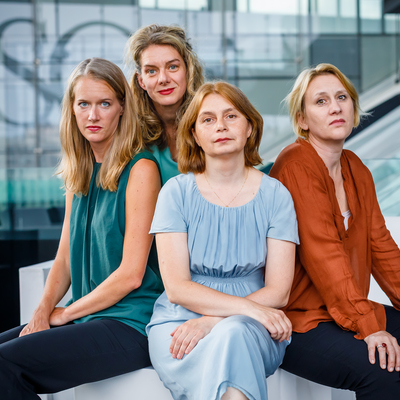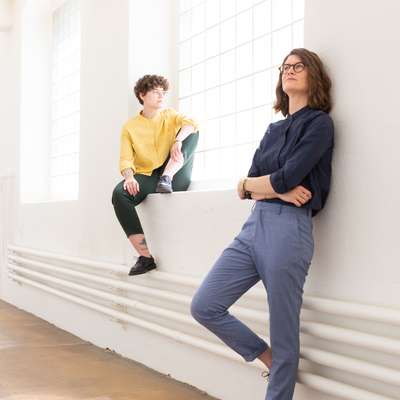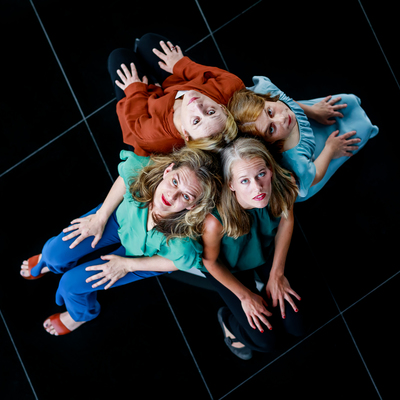Simone Keller brings music history’s hidden gems to light
Black, gay and provocative: Julius Eastman (1940-1990) shredded the surface of cultivated minimal music. With his confessional music, he burst into the bubble of New York’s white avant-garde. With the Kukuruz Quartet, Swiss pianist Simone Keller made a significant contribution to his rediscovery and is also committed to other “forgotten” piano music.
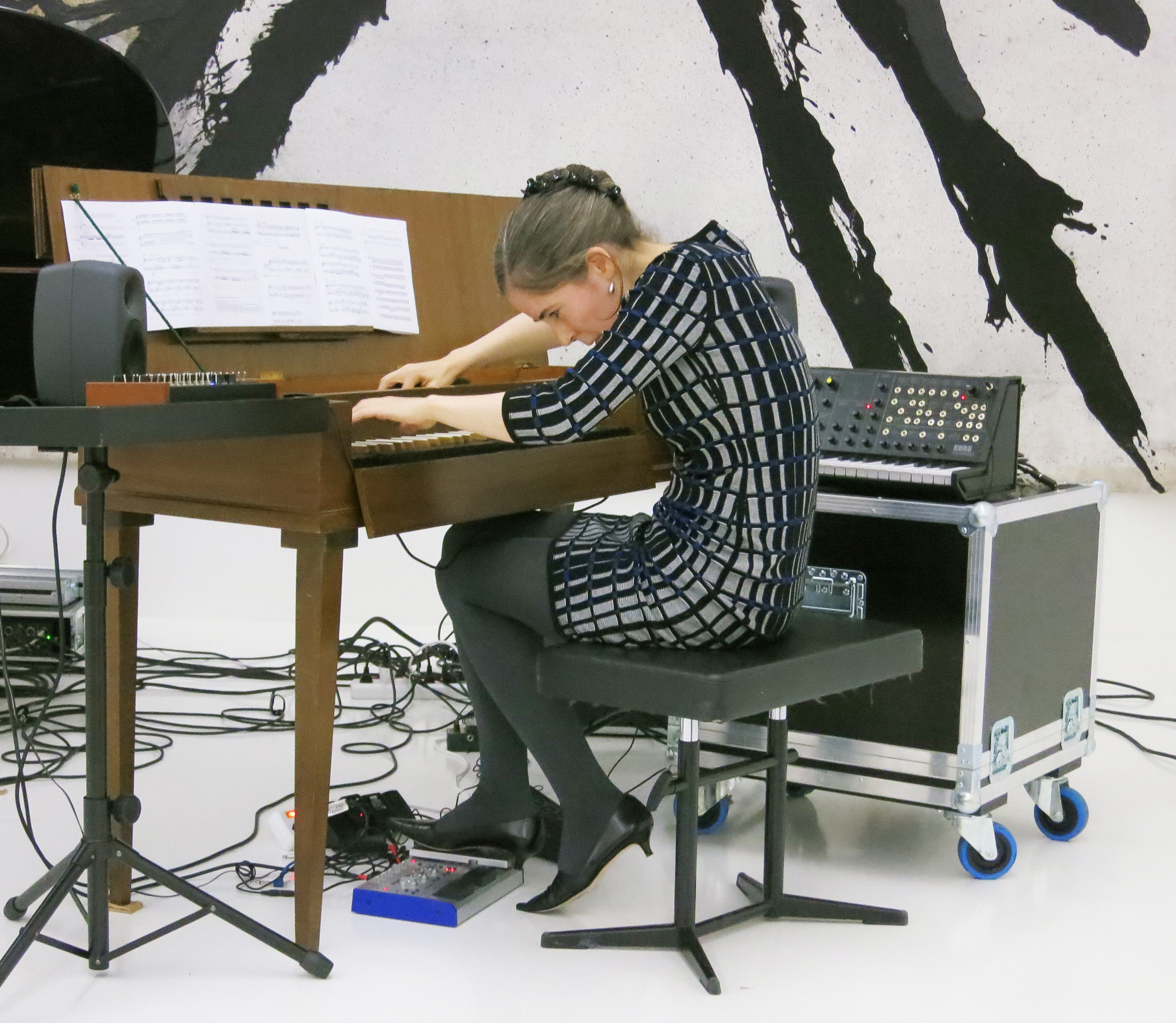
Corinne Holtz
At the time Julius Eastman improvised for over an hour in Zurich’s Rämibühl auditorium, Simone Keller was three years old. The painter Dieter Hall had invited the unknown pianist, composer, singer and performer to make his Swiss debut back in 1983, before he himself would immerse himself in the buzzing metropolis for decades.
Eastman left a “disturbed” audience behind and presented his host with a sketch entitled fugue no 1, which the Kukuruz Quartet will analyse years later together with other transcripts, photos and recordings. The “Eastman passion” set in. It promoted arrangements and interpretations of pieces “that were not yet known even to insiders”, says Simone Keller.
These include Buddha (1983), which imposes 20 individual voices to be realised simultaneously by performers without specifying particular instruments or number of performers. The Kukuruz Quartet has opted for preparations that enable sound surfaces in pianissimo on the threshold of audibility.
Gay Guerrilla (1979) with its wild mix of jazz harmonies and Luther chorale, a reflection of Eastman’s questions about life, is completely different. “I struggled with God for a long time”, he said in an interview and he hoped to make peace with him one day. His pan-religious spirituality also found its way onto the stage. In 1984, for example, he performed the solo The Lord give it and the Lord take it away, a 15-minute prayer in deep earnest.
The Kukuruz Quartet performs Gay Guerilla by Julius Eastman in 2019 at Brown University, Providence, Rhode Island, USA.
Crossing boundaries, styles and conventions
Eastman transcends the boundaries of styles, genres and conventions and leaves behind music which can be defined as protest turned into sound. This is particularly true of the ‘Evil Nigger’ trilogy, the title of which caused African-American students to protest on the campus of Evanston’s Northwestern University (Illinois) in 1980. They demanded the “N”-word to be removed from the programme. Eastman addressed the audience before the concert and gave historical reasons for his linguistic racism. He used the offensive word to visualise the role of African Americans in US history. “The foundation of the country’s economic rise is built on the labour of African Americans, especially field niggers.” For 250 years, slaves had generated wealth for whites, while they – as black people – were generally being denied both ownership and education.
Eastman was punished by his own community for speaking his mind. Is there a mechanism at play that we encounter in the cancelling of unwanted opinions to the present day? “No,” says Simone Keller. “Eastman wanted to provoke and demonstrate why it is important to think about these titles and their explosive power.” It is true that in the course of “cultural change, we are becoming more sensitive” to traditional racism, including in language.
Run-down pianos make painful beauty audible…
The Kukuruz Quartet was the first to discover Eastman for Europe and initially played his music in clubs, bars and breweries – on four “run-down” pianos that have already survived many preparations and, with their “battered resonating bodies, offer enough resistance” to be able to show the “repetitive fury” with simultaneous painful “beauty”.
They thus did justice to music fuelled by drug excesses that resounded through the streets during the Black Lives Matter movement demonstrations and can now be heard in established concert halls. MaerzMusik in Berlin kicked things off in 2017, and the Lucerne Festival Forward recently followed.
We do not know what this visionary eclectic would say about the establishment’s recognition. He ended up spending the last years of his life in a homeless camp in Tompkins Square Park in New York and died forgotten in a Buffalo hospital in 1990.
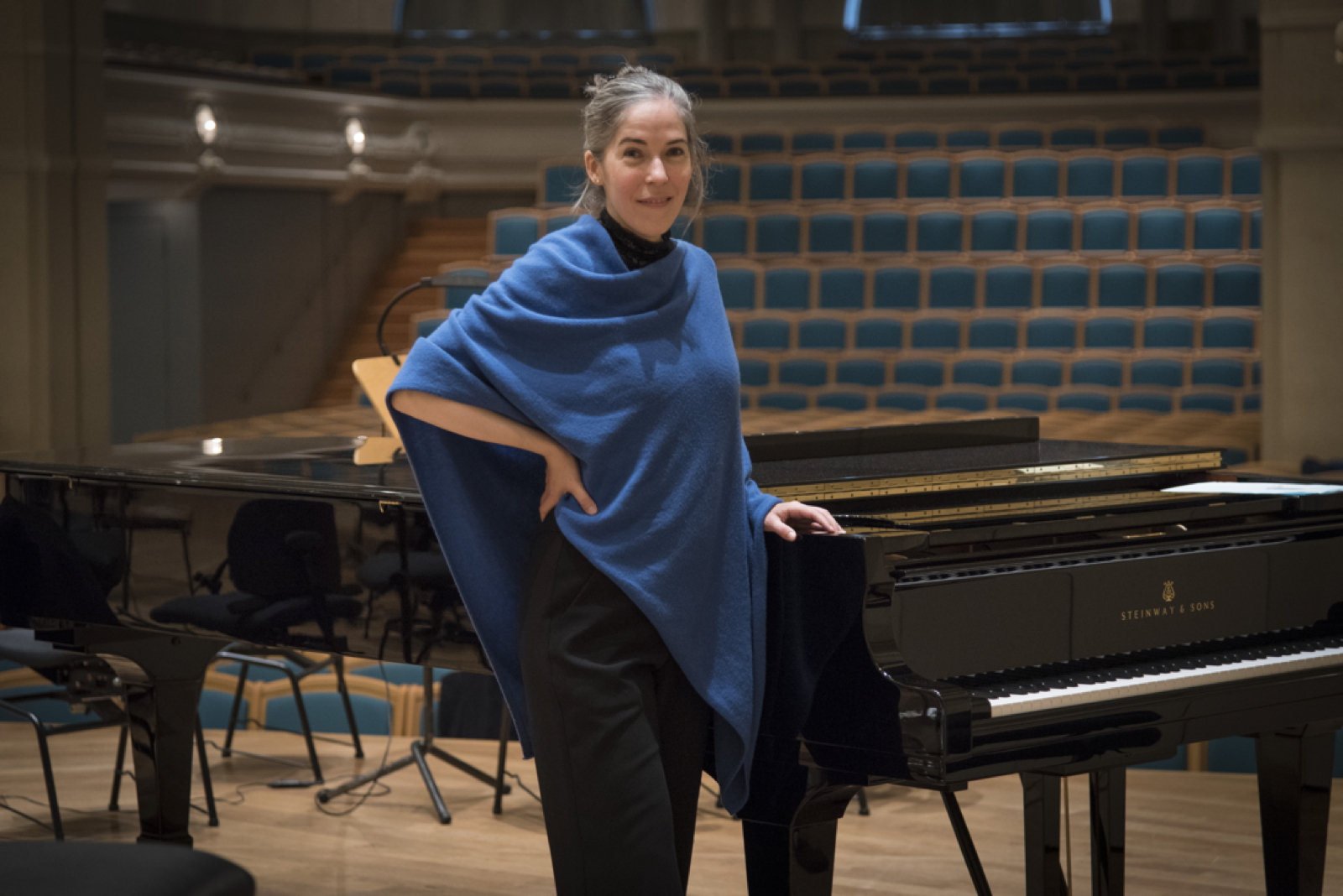
“As a white musician, I also feel obliged to play music by people of a different skin colour,” says Simone Keller. During her studies, she only played music by white men, even in the 2000s, when a few white female composers had already been rediscovered, such as Clara Schumann, Fanny Mendelssohn and Lili Boulanger.
It’s high time to remember African-American female composers such as Irene Higginbotham and her most famous composition Good Morning Heartache (1945) and to make “inequality and power relations” visible, says Simone Keller, titling her latest CD and book ‘Hidden Heartache’.
Irene Higginbotham (1918-1988), Good Morning Heartache, interpreters Simone Keller, Klavier and Michael Flury, Posaune, 2024.
Unlike Julius Eastman, Julia Amanda Perry (1924-1979) belongs to the forgotten composers. The African-American pianist, composer and conductor celebrates her 100th birthday on March 25. After her basic training at Westminster Choir College Princeton, she studied in Europe with Luigi Dallapiccola and Nadia Boulanger, was a Guggenheim fellow in Florence and conducted famous orchestras such as the BBC Philharmonic and the Vienna Philharmonic between 1952 and 1957. Nevertheless, hardly any doors were opened to Perry back in the USA. With ‘Hidden Heartache’, Simone Keller points to the structures of this forgetting and sheds light on piano music by those excluded from music history.
Corinne Holtz
Julius Eastman (1940-1990), Irene Higginbotham (1918-1988), Olga Diener (1890-1963), Lucerne Festival Forward, Festival MärzMusik.
On March 25, 2024, Julia Amanda Perry’s birthday, a book as well as a double CD with 100 minutes of piano music from the last 100 years will be released, including works by Julius Eastman, Julia Amanda Perry, OIga Diener, Jessie Cox and others, Intakt records.
CD: Kukuruz Quartet, Julius Eastman, Piano interpretations, Intakt records 2018.
Simone Keller: Hidden Tour, march 19.–27. 2024.
Julia Perry Centenary Celebration & Festival, New York City, march 13.–16. 2024.
broadcasts SRF Kultur:
Musik unserer Zeit, 17.1.2024: Erst vergessen, heute ein Hype: Julius Eastman (1940–1990), editor Corinne Holtz.
neo-profiles:
Simone Keller, Kukuruz Quartett, Jessie Cox.


